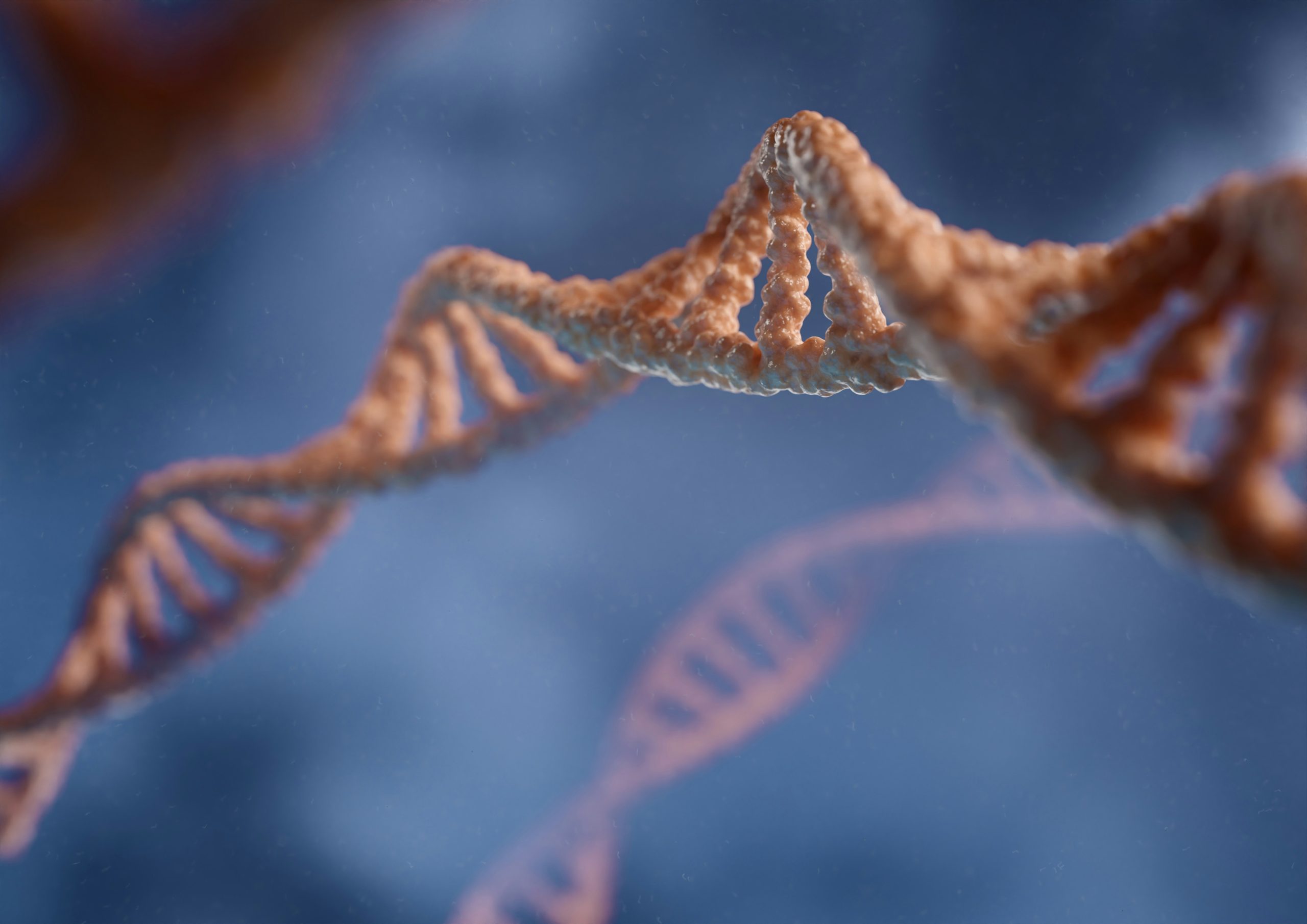Alcohol consumption during pregnancy is associated with a wide variety of negative consequences, termed FASD, and further research into the social situations that facilitate this is needed. Photo credit: Camylla Battani via Unsplash
Foetal alcohol spectrum disorder (FASD) is widely under-recognised within society. Caused when a person is exposed to alcohol before birth, FASD is characterised by features such as birth defects, neurodevelopmental issues, and cognitive impairment.
Often going undiagnosed due to limited scientific research in the area, people with FASD are frequently subject to challenges throughout life that implementation of appropriate social and medical interventions may support them through. It is well-known that being subject to abuse may cause the development of an abusive personality in an individual, and it is therefore the ways in which we can prevent this subjection that we can aid communities as a whole.
…people with FASD are frequently subject to challenges throughout life that implementation of appropriate social and medical interventions may support them through.
Select studies have shown that there may be a link between FASD and cases of domestic abuse. This is a heavily under-researched area, making it difficult to clarify the extent of either the correlation or causation of these two cases. Previous insights have suggested that the elevated exposure of children with FASD to environments of domestic and alcohol abuse lead to emotional harm, as well as the stigma surrounding neurodivergent people in wider society.
It is integral here to highlight that, while FASD may contribute to the development of an abusive personality in some affected individuals, that is only true for some, not all. The development of an abusive relationship and personality is extremely complex, being influenced by a range of socio-cultural factors. Nevertheless, as a society we have a duty of care for those living in these relationships.
Here, we shall discuss FASD, highlighting how supporting individuals with this condition could influence the rising rates of domestic abuse across the world.
After alcohol consumption, the toxin ethanol (the active component of alcohol) enters a mother’s bloodstream and passes through the placenta, heading directly to the foetus. Since the unborn baby does not have a liver with the capacity to break this molecule down, it is exposed to elevated blood ethanol for a considerably longer time than the mother. Ethanol can cause a reduction in brain volume, and further studies have revealed alterations of brain metabolism in FASD patients that directly link to its behavioural manifestations. Importantly, both the amount and the stage of pregnancy at which alcohol is consumed affect the severity of FASD.
Moreover, the geographical isolation of people with FASD (for example in more remote areas) can accentuate and trap individuals in a cycle of abuse. Belonging to a minority group may also intensify effects, since the barrage of negative messaging these groups already face may affect individuals with FASD with heightened severity due to their already vulnerable constitution. Therefore, it is incredibly important to invest more in the direct diagnosis and aid for those with FASD, improving their quality of life and access to services they would otherwise be unable to seek out.
The tackling of other factors that influence FASD, including the environment in which a child grows, or a pregnant woman is placed, should be considered. This may include encouraging more conversations between women and their practitioners about their living conditions and other health-related matters.
The umbrella term ‘FASD’ encompasses a range of symptoms influenced by a large number of factors. Common symptoms of FASD include difficulties with socialising and impulse control, as well as trouble in predicting consequences and learning from mistakes.
Children diagnosed with FASD are also more vulnerable to ‘secondary conditions’, including alcohol and drug dependence, memory loss, and a range of mental health illnesses. This leaves children and young adults more susceptible to negative outside influences and possible victimisation by a misunderstanding public.
The manner people with any perceived disability are treated in society is an extensive issue that cannot be covered by one article, and it is the maltreatment of people with FASD that only emphasises how they may already be struggling to find a footing in a world built for those who are neurotypical.
Common symptoms of FASD include difficulties with socialising and impulse control, as well as trouble in predicting consequences and learning from mistakes.
Children born with FASD are more likely to be exposed to negative psychosocial situations, characterisable under the adverse childhood experiences (ACEs) classification. Events that can contribute to this include neglect, household dysfunction, and direct child abuse.
This cycle of being surrounded by violence is harmful for any child, no matter if FASD is a contending factor or not. These may not only promote future violent behaviours in some individuals but also feed into a cycle, in which women previously exposed to ACEs are more at risk of consuming alcohol during pregnancies.
This relationship is complex and not completely understood—several factors may contribute to the decision or even pressure to drink alcohol at any point in one’s life. Peer pressure, which those with FASD may be particularly susceptible to, and one’s image in society are powerful things: sometimes it is dangerous to say “no”. Therefore, more research is required in this area to enable the development of interventions for FASD-affected children.
The prevalence of domestic abuse at multiple levels of society is a critical issue that must be tackled. Encouraging further studies into FASD, higher rates of diagnosis and recognition, and engaging the public in how we can support the quality of life of those diagnosed is paramount to this. Assessment of the best ways in which to support those with FASD can lead us to a more positive future for all involved. The more we know, the earlier we can give individuals access to necessary services for the betterment of society for all.





